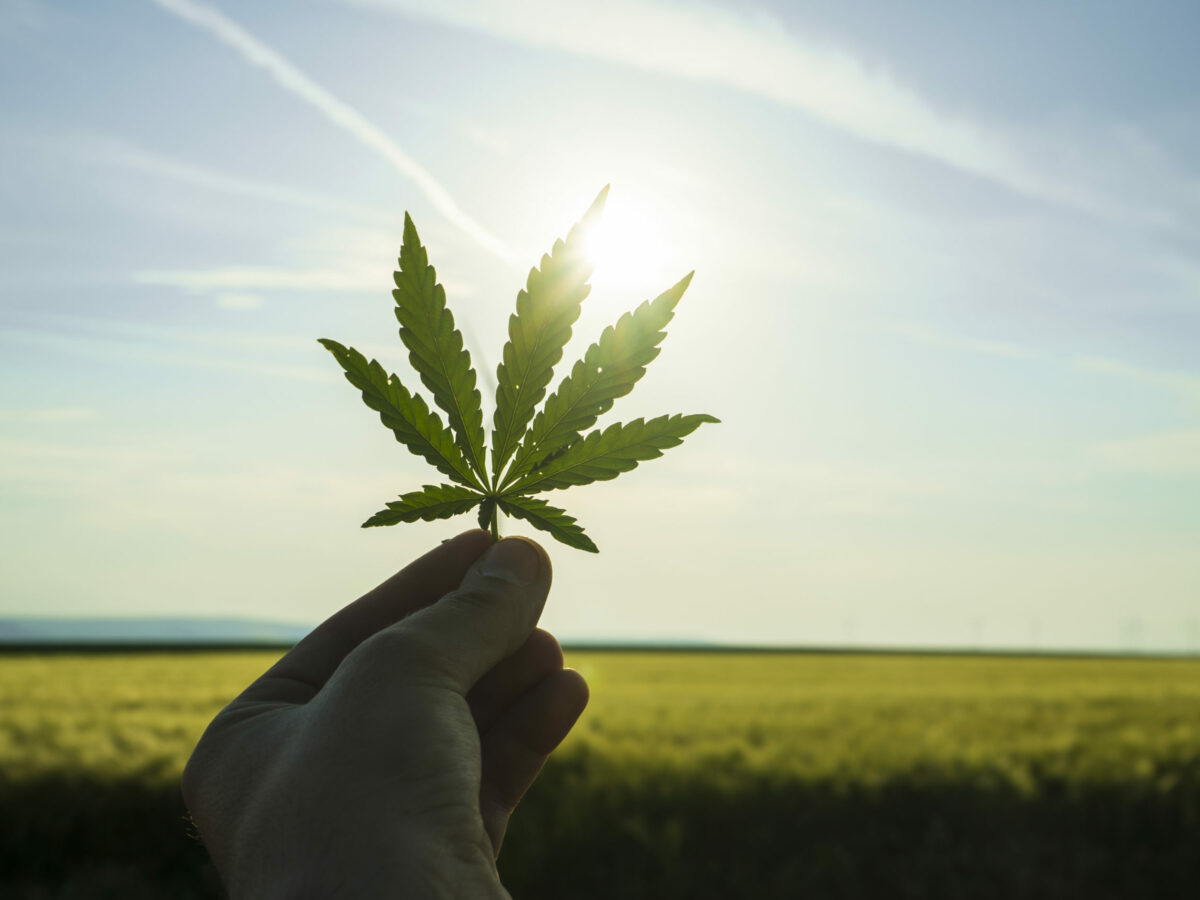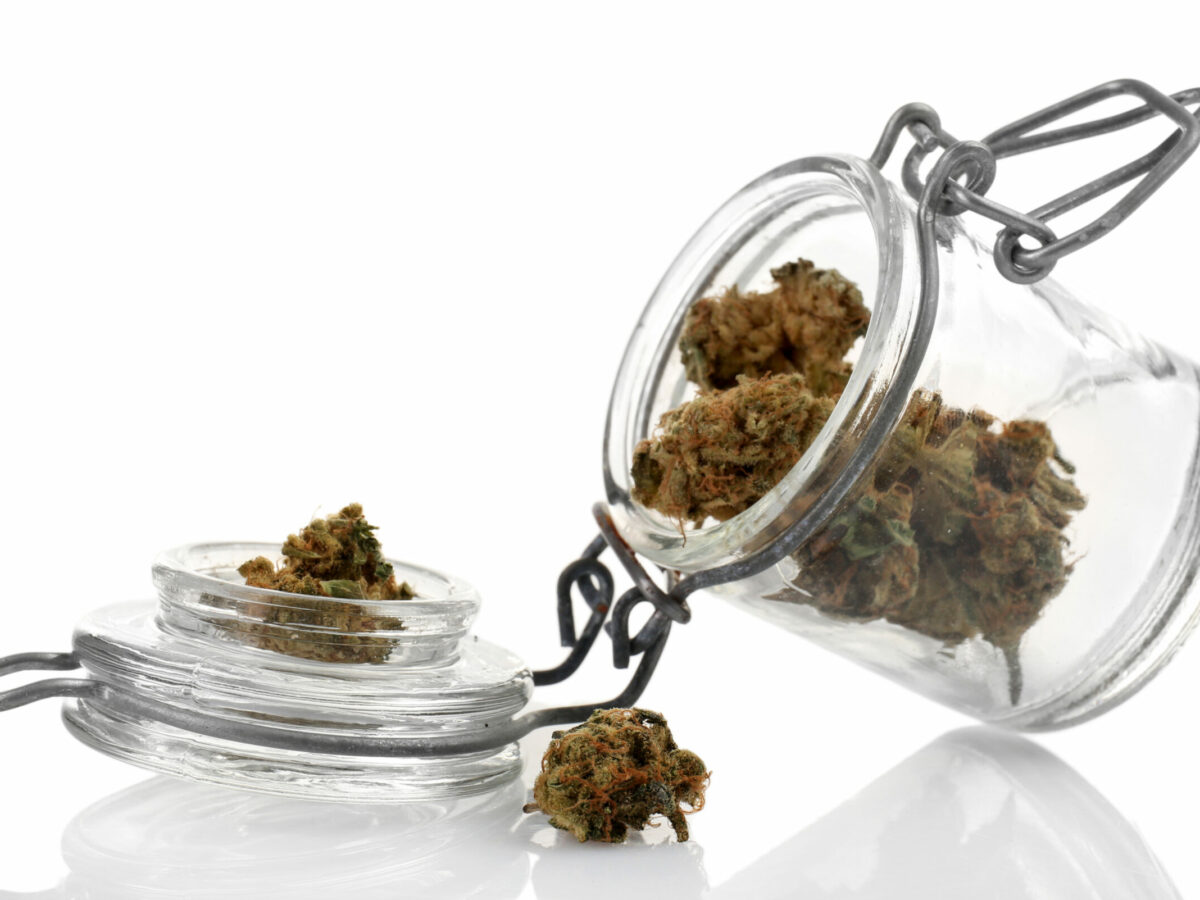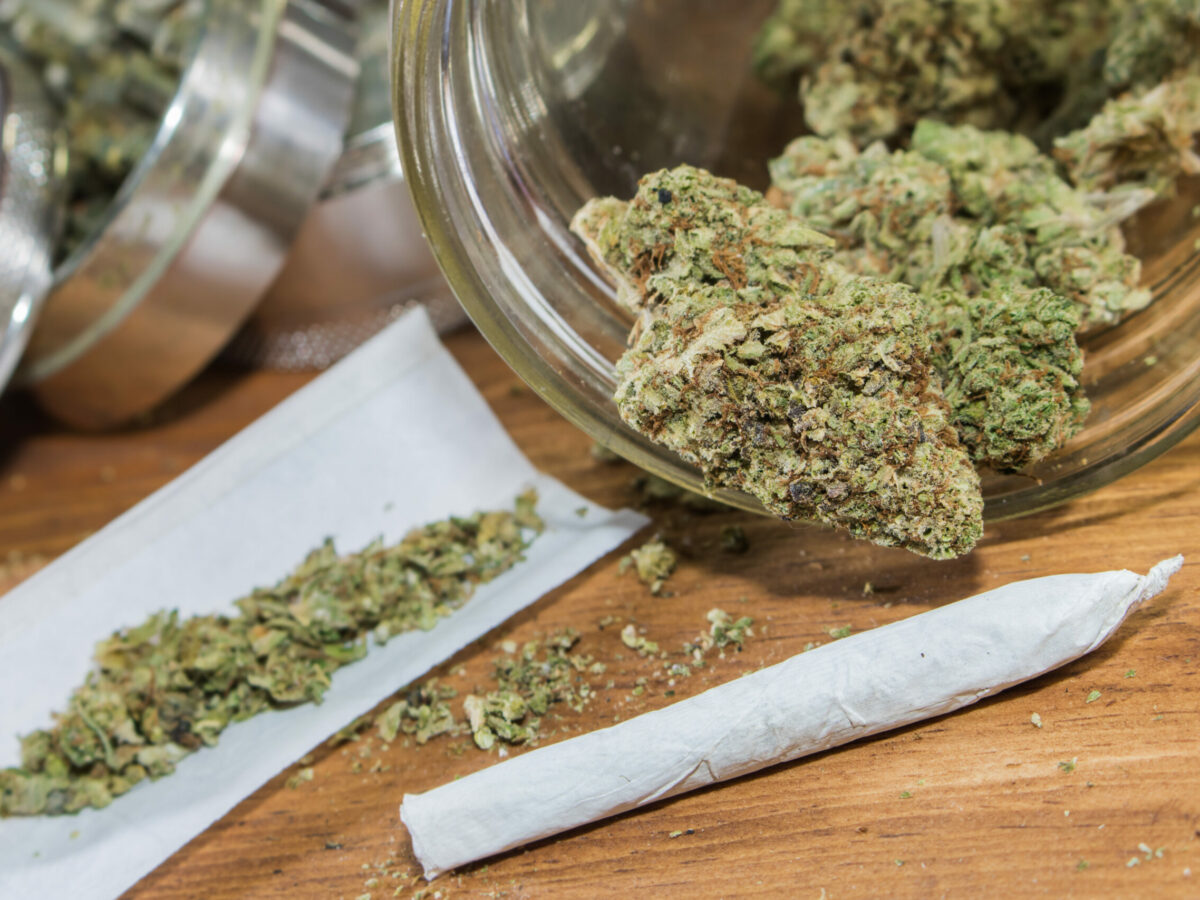Getting high doesn’t always mean sitting on the couch with a bag of Doritos.
Stoners get a reputation for being lazy and inactive, but Mike Tyson credits cannabis for his return to the ring at 55 years old. The boxing legend, who claims he smokes $40,000 worth of weed per month, is just one of many star athletes who toke up on a regular basis.
So how does weed affect athletic performance? That depends on who you ask, and for many the answer is “it depends.”
The general consensus among cannabis-smoking athletes (and readers who responded to our informal Instagram poll) is that weed’s impact on athletic performance varies based on how much you consume when you use it, and your method of consumption.
Gigi Calipo, a 27-year-old from Falls Church, Virginia, told The Outlaw Report she smokes before yoga, never before skateboarding, and never combines exercise with edibles.
“Weed before yoga helps me be more flexible and relax, but I rarely use it before skateboarding because I’m in an open space with people I don’t really know,” said Calipo, citing the paranoia that often comes with being high in public.
Calipo said she uses weed for its psychological benefits, explaining “it helps me to relax and enjoy myself more.”
She clarified: “It’s only when I eat an edible that I’ll feel really anxious.”
For Jack Ausmus, a 22-year-old skier, rock climber, and mountain biker, smoking weed is an integral part of the culture around outdoor sports.
“For a ski day or climbing day, smoking is just part of the vibe and provides something in the way of connecting with your surroundings,” Ausmus explained. “You’re not going to be bothered for smoking weed discreetly at almost any climbing or skiing area.”
Like Calipo, he said the effects of weed on his performance are mostly psychological.
“Being a little high just gets me dialed into whatever I’m doing,” he explained, and as far as physiological effects go, “I normally notice more muscle control and fewer jitters.”
Except for last week, when he smoked in the middle of a mountain bike ride. “It was great for, like, 90 percent of it. But there was this one super technical area where I said, ‘Nah, not right now.’ and hopped off my bike.”

Ausmus doesn’t blame the weed for that, though: “I see that more as me failing to recognize my own limits.”
But 22-year-old Bryan Stopak, a cycling instructor from Olney, Maryland, does think cannabis takes a toll on athletic performance and recently decided to take a break from bud.
“I love weed, but I have to peace out for a little to get this summer body correct,” Stopak said.
After taking up pot in 2020, Stopak said he found it harder to breathe during runs, got exhausted after fewer reps, and had less motivation to work out at all.
“The only thing that’s changed is me smoking weed,” Stopak said.
While there’s limited research on how smoking weed specifically affects athletic performance, there’s evidence suggesting smoking anything can damage the lungs.
The American Lung Association warns that cannabis smoke contains some of the same carcinogens and toxins as tobacco smoke that put regular users at risk of chronic bronchitis and lung infections.
For that reason, budtenders recommend athletes use edibles or at least a vaporizer as their primary consumption method. Vaping still isn’t good for your lungs, but some research shows it may be less harmful than smoking –– largely because vaping products seem to contain fewer toxins than traditional cigarette tobacco.
For the time being, that’s pretty much the only thing we’re sure of when it comes to weed and athletic performance. In 2021, Canadian scientists published a review of all existing research on cannabis and athleticism to date and found each study came to one of three conclusions: weed worsens athletic performance, it doesn’t affect it at all, or the results were inconclusive.
Still, that hasn’t stopped many of the world’s most prominent athletic organizations from taking a hard stance against bud.
The sports world famously collided with stoner culture in 2021 when American sprinter Sha’carri Richardson was suspended from the Olympics for a positive cannabis test during U.S. trials for the 100-meter dash. Weeks earlier, Richardson had set a new personal record of 10.72 seconds for that distance, becoming the sixth-fastest woman of all time
.
The World Anti-Doping Administration lists three reasons on its website for placing weed on its list of banned substances: athletes who use weed could endanger themselves with reduced motor skills; animal studies suggest weed could be performance-enhancing, and using weed is not “consistent with the athlete as a role model for young people around the world.”
So what’s the verdict? Does weed inhibit performance by reducing athletes’ motor skills? Or is there ample research demonstrating weed enhances performance enough to give them an edge?
The jury’s still out on that one, though some experts say the question itself may be unfair. Dr. Kevin Boehnke, a pain specialist from the University of Michigan, says that even if cannabis aids with sleep, anxiety, and recovery as some research suggests, “other allowed pain relievers or anxiolytic agents are not considered performance-enhancing, so disallowing cannabis on that basis is irrational.”
What we do know for sure is that weed-smoking athletes are not uncommon. The same Sports Medicine researchers conducted a meta-analysis of 46,000 athletes and found that 23% of them used weed in the past year.
Whether it’s to boost their performance, reduce anxiety, increase focus, or simply make working out more fun, athletes smoke weed, too. So before we crush any more Olympic dreams, maybe it’s time for some comprehensive research on how weed affects performance.


